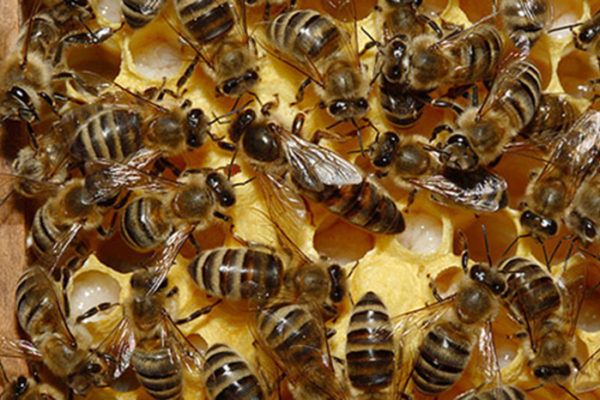Ignorance is sometimes bliss
Evolutionary biologist W.D. Hamilton predicted that organisms ought to evolve
the ability to discriminate degrees of kinship so as to refine their ability to direct help to individuals with whom they shared the most genes. But two WUSTL biologists point out that there seem to be many cases where “a veil of ignorance” prevents organisms from gaining this kind of information, forcing them to consider a situation from the perspective of all members of their group instead of solely from their own perspective or that of their close kin.
Survival of the fittest? Anthropologist suggests the nicest prevail not just the selfish
Are humans inherently good? The prevailing view in popular and scientific literature is that humans and animals are genetically driven to compete for survival, thus making all social interaction inherently selfish. According to this line of reasoning, known as sociobiology, even seemingly unselfish acts of altruism merely represent a species’ strategy to survive and preserve its genes. But Robert W. Sussman, Ph.D., a professor of anthropology in Arts & Sciences at Washington University in St. Louis, argues that this is a narrow and simplistic view of evolutionary theory that fails to explain many aspects of sociality among mammals in general and primates in particular. In “The Origins and Nature of Sociality,” a new book Sussman co-edited, he and other researchers challenge the proponents of sociobiology. “The ‘selfish gene’ hypothesis is inadequate,” Sussman says.

